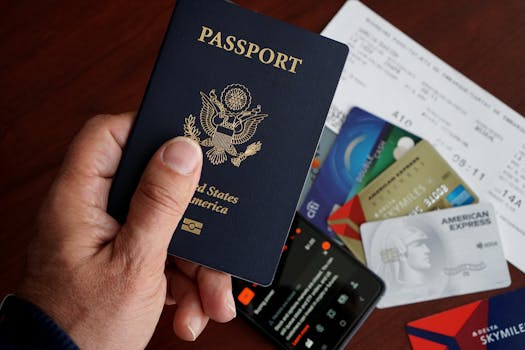You would normally move into a data protection role after working with an organisation in a related area, like:
- information management
- media and communications
- legal advice
- digital security
Employers will accept most university subjects, for example:
- business administration
- law
- marketing
- English
- modern languages
- public administration
You could also apply to do a postgraduate course in data protection after completing a first degree.
Entry requirements
You'll usually need:
- 2 to 3 A levels, or equivalent, for a degree
- a degree in any subject for a postgraduate course



